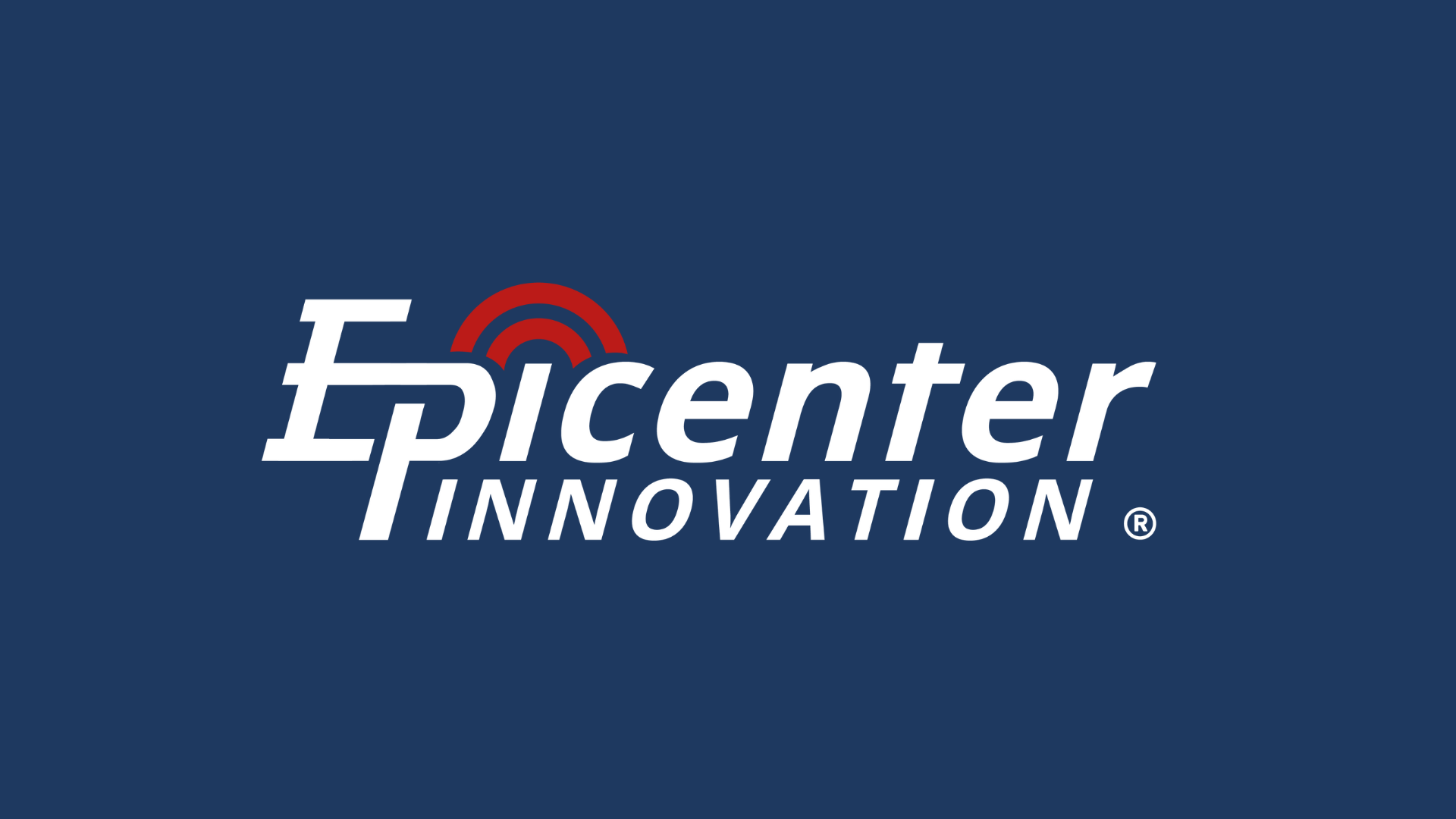Coaching: A Case for Coaching for Resilience Innovators from Shawn Gerard
Accepting Coaching as a Positive Addition to Your Professional Life
This piece was written by Shawn Gerard, Epicenter Innovation’s Operations Coordinator.
Coaching means different things to different people. As an athlete, coaching meant having a more experienced third party to guide my actions in the face of adversity. That seems like a fair definition of coaching. When I first started hearing about coaching (financial, career, Resilience Innovator coaching), why did I feel so attacked?
In recent years I have heard coaching for every topic come up increasingly often. I have heard the word “coaching” in webinars, news articles, and all over LinkedIn. With all this talk of coaching, there must be something to it. I had felt that coaching was admitting defeat. Starting a coaching relationship meant that I did not have the discipline or ability to learn what I needed to. After going through coaching in a few different areas and helping to build Epicenter Innovation’s Resilience Innovator Coaching Program, I realized I could not have been more wrong about coaching.
Here’s what I have learned about coaching that has changed my point of view on it:
- Accountability – What I learned from my experience with wellness coaching is the accountability aspect of a coaching relationship. A coach acts as a third party to whom you are accountable. You don’t want to waste their time, and you don’t want to tell them you failed to complete an agreed-upon goal. I have long heard that an “accountability buddy” improves your chances of meeting a goal. I was shocked to experience this principle firsthand. I was even more impressed when I learned that the American Society of Training & Development discovered people are 65% more likely to complete a goal if they share it with another person. This number jumps to 95% if they have an “accountability buddy” to check in on their progress. That is exactly what coaching relationships are designed to do and why coaching works.
- Fresh Perspectives – Another benefit of coaching is new or differing perspectives. Too often, in our personal and professional lives, we isolate ourselves in echo chambers. We surround ourselves with like-minded people who have similar interests and skills. This is an instinct. However, although it is natural, it is important to seek out differing opinions. A coach acts as a neutral party who can provide a fresh set of eyes on problems and propose solutions we may not know existed.
- Expert Insights – Coaches provide a breadth of experience but often a depth in a specific area. Programs like the Resilience Innovator Coaching & Consulting Program from Epicenter Innovation, allow you to access Resilience Innovators to help grow your program and career. The program is unique, though; once you begin a coaching relationship, you have access to our extended network of coaches. This means that you can access your coach’s knowledge and experience and that of any other coach in our network. This is a considerable advantage as it allows on-demand subject matter expertise.
I have learned over the last six months that coaching not only matters but is necessary to build momentum and gain traction. Coaching shouldn’t be viewed as admitting defeat or intimidating; it should be viewed as taking the natural next step to act on your goals. Whether your goal is to mature your program or improve your career trajectory, don’t undersell the value of a Resilience Innovator coach to guide your way!
Want to find out if you’re a Resilience Innovator? Check out our coaching offerings here: https://resilience.epicenter-innovation.com/

About Epicenter INNOVATION
Epicenter Innovation® is an award-winning professional services firm driven by human-centered, resilience-focused innovation. Our team is here to help you implement a proven framework for creating impact & unlocking the potential of your people.
We’re the connective tissue between organizations that produce technology and those in the field using it. By working on both sides of the public/private-sector divide, we serve as translators & change-makers at all phases of the disaster management lifecycle – driving human-centered, resilience-focused innovation before, during, and after major incidents.
How Can We Help Your Organization?
Book a Call With the Epicenter Innovation Team
Read More
Top 10 Tips to Increase Personal Resilience
Inrceasing your resilience shouldn't be hard, but where do you start? We've got some easy ways to get you going on your resilience journey.
Top 10 Tips for Making Your Team More Innovative
Innovation is vital to having your work make an impact, but it shouldn't be hard. These ten easy tips will help foster an innovation culture for your team to thrive.
Exploring Innovation in Resilience-Building Practices
We've known for a while that resilience and innovation go hand-in-hand. But how? Learn in this short article.


